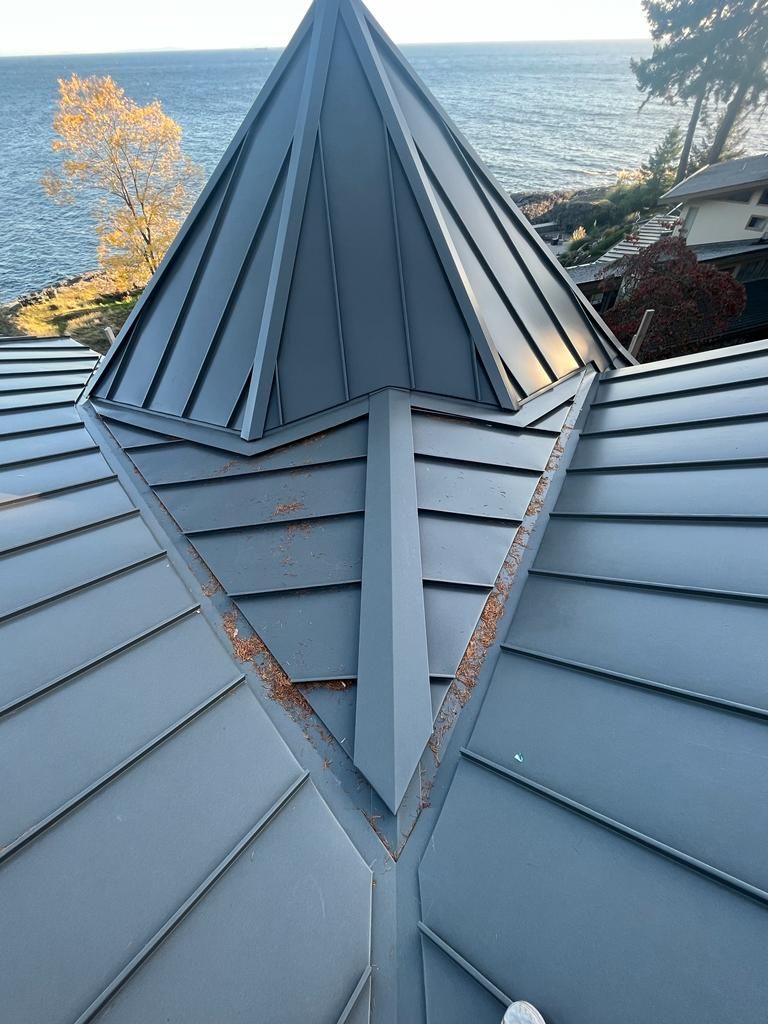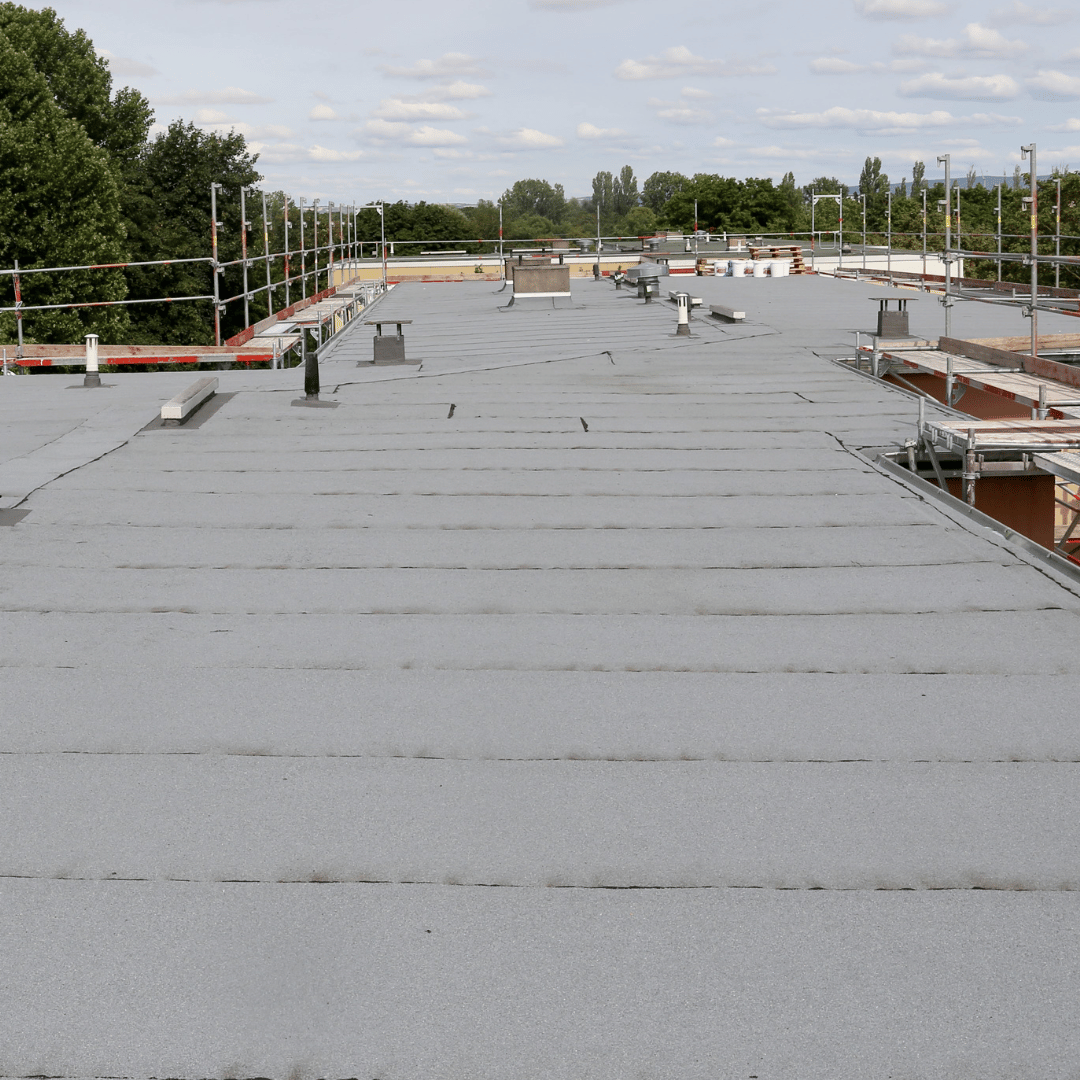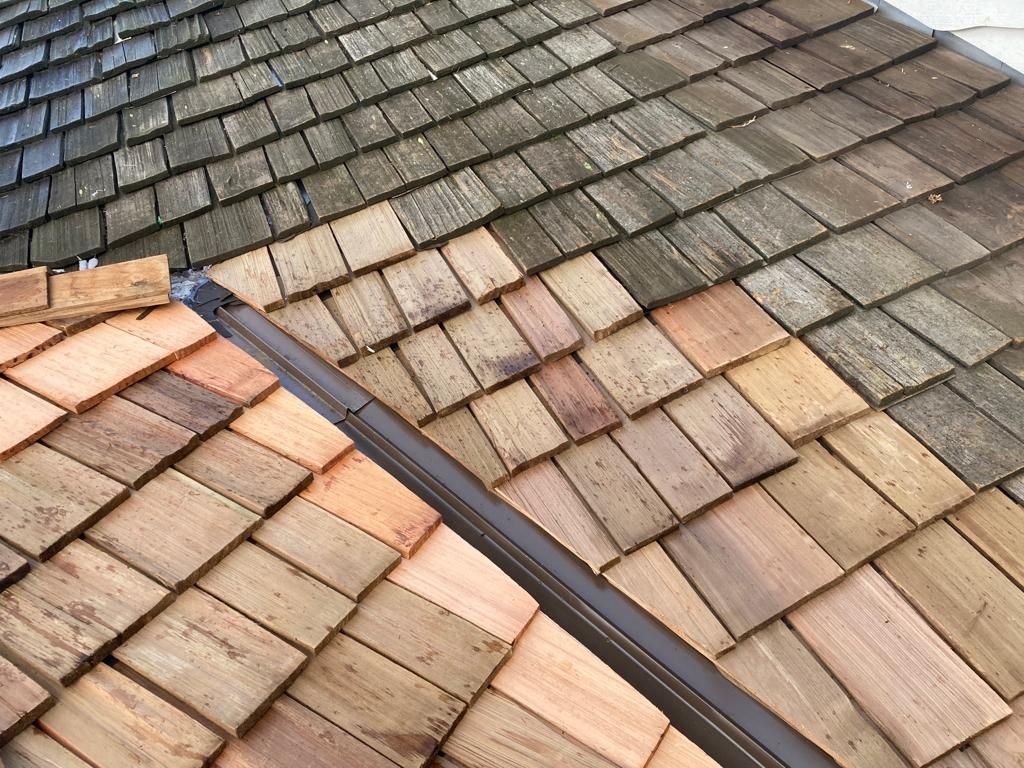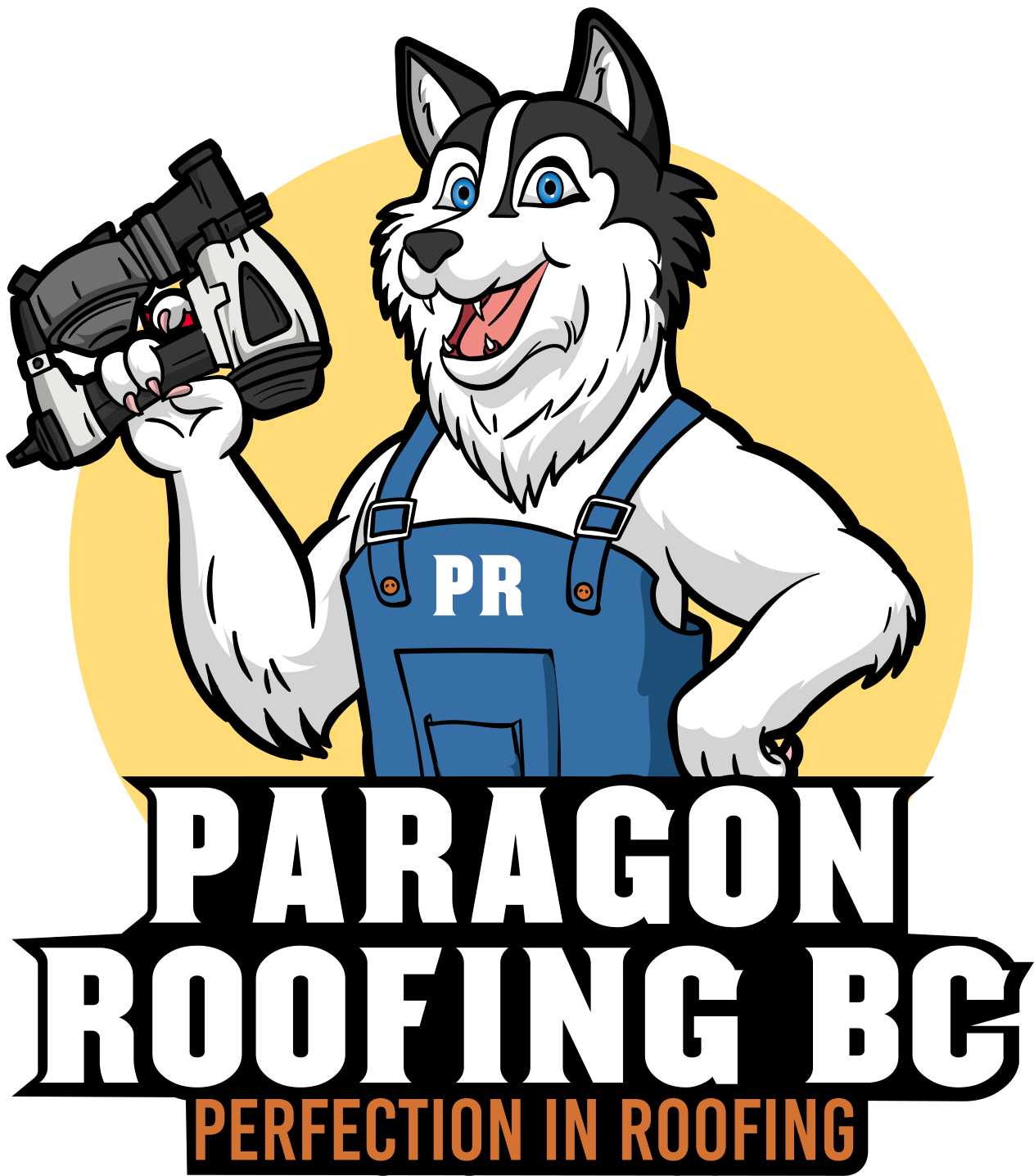Call Today
12233 92 Avenue, Surrey, British Columbia V3V 7R9, Canada
Reach Out
CALL US TODAY · 604-358-3436
Choosing Among Roofing Companies Vancouver: Why Paragon Roofing BC Is Your Best Bet
Discover why Paragon Roofing BC stands out among roofing companies in Vancouver and how our expert tips can help you protect your home from the Lower Mainland’s relentless weather.
If you’re in the Lower Mainland, you know the drizzly reality of our weather. One small leak can turn into a Niagara Falls moment if not fixed right, and that’s why finding a trustworthy roofing company is everything. Instead of drowning in confusion, let’s cut through the noise and get you clued in on how to pick the right team—straightforward, no sales pitch, no grandiose clichés.
Quick Summary of What to Expect
- Expertise Check: How to spot real pros.
- Credentials & Insurance: Why they matter and what to ask for.
- Local Know-How: How weather and municipal rules shape roofing in Vancouver, Surrey, and Delta.
- Communication & Process: The hallmarks of great contractors.
- Reviews & Feedback: How to interpret them.
- Signs of Transparency: Red flags vs. green lights.
- Price vs. Quality: Balancing cost and long-term value.
- Final Steps & Maintenance: Keeping that roof going strong.
Let’s skip the fluff and dive right in.
1. Why the Right Roofing Company Matters
Roof problems can escalate quickly around here. What starts as a drip-drip in your hallway can, thanks to our relentless rain, become a full-blown indoor waterfall faster than you can say “umbrella.” A well-maintained roof shields you from structural damage, mold growth, and those dreaded re-repairs. But the quality of work hinges on the company you hire. You want folks who handle tasks properly the first time, so you’re not battling repeat leaks or rotted decking down the road.
A good roofer doesn’t just nail shingles; they protect your biggest investment—your home. And in a city known for unpredictable weather, you need someone who truly understands how moisture, wind, and temperature shifts can wreak havoc on your roof. That’s why investing energy in your choice of contractor is more than just a box to check; it’s a crucial safeguard for your peace of mind.
2. Recognizing Genuine Expertise
Anybody can claim “20 years of experience,” but let’s dig deeper:
- Varied Projects: A top-notch roofer has tackled different roof types—steep pitches, quirky angles, old cedar conversions, you name it.
- Problem Solvers: Look for signs they can handle surprise issues like hidden water damage or compromised rafters.
- Continual Learning: Roofing materials and techniques evolve. Pros who attend workshops or training from leading manufacturers aren’t stuck in outdated methods.
Don’t feel shy about quizzing them on specifics. If they explain solutions in plain language, it’s a good sign. Real experts know how to communicate without burying you in jargon.
3. Must-Have Credentials—Licensing, Insurance, Certifications
Licensing
If a company can’t show a valid license for working in BC or your specific city, that’s a red flag. Regulations in Vancouver, Surrey, and Delta might differ, but legitimate contractors can easily prove they’re compliant.
Insurance
Roofing is dangerous work. Accidents, while rare, can happen. That’s why every credible roofer should have both liability insurance and workers’ compensation coverage. You do not want to be stuck with bills if a worker gets hurt on your property.
Certifications
Many roofing manufacturers offer special programs that certify contractors who install their products correctly. While not mandatory, these badges indicate training, product expertise, and an ongoing relationship with the manufacturer. If your roofer has them, chances are they’re serious about quality and stand by their work.
4. Local Knowledge is Everything
Climate Considerations
We joke about never leaving home without a raincoat, but in roofing terms, local precipitation is no laughing matter. A Lower Mainland specialist knows how constant dampness and occasional windstorms can wear down materials. They’ll design solutions tailored to our region’s quirks—underlayment that breathes, shingles resistant to moss, and so forth.
City Codes and Permits
Municipal codes vary from Vancouver’s dense urban regulations to Surrey’s sprawling residential guidelines. An experienced local roofer gets your permits in order quickly. They also understand local inspection standards, which reduces the chance of last-minute snags.
Community Reputation
Local contractors rely on word-of-mouth. If they’ve been in business for a while, you’ll likely see a consistent pattern of feedback—whether in online reviews or neighborhood chatter. This community-based trust is a solid indicator of reliability.
5. Communication and Process: The Cornerstone of Trust
Initial Consultation
A roof inspection shouldn’t be a vague walk-around. A reputable roofer will detail what they see, suggest potential fixes, and take the time to address your concerns. This is where you gauge their willingness to listen.
Transparent Estimates
No one likes a vague quote scratched on a sticky note. Expect a clear breakdown of costs—labor, materials, potential extras for unforeseen damage, disposal, and so on. If you see weird line items or hidden charges, ask questions. If they dance around answers, keep your guard up.
Project Timelines
Look for an approximate start date, how many days the job might take, and any buffers for weather. A transparent company is comfortable laying out these details, with the understanding that Mother Nature can be fickle around here.
Updates
Roofers who keep you posted on progress, especially if unexpected issues arise, are worth their weight in gold. Even a quick text saying, “Hey, we found some rotting plywood under the shingles—here’s what we recommend…” can save you from panic down the line.
6. Reading Between the Lines: Reviews, Testimonials, and References
Online Platforms
Google, Yelp, and HomeStars can give you a window into a roofer’s track record. Don’t just skim star ratings; read the actual reviews. Notice if customers mention recurring themes like “always late,” or “overcharged,” or positive notes like “cleaned up every day,” or “honest and clear about costs.”
Direct References
If you’re unsure, ask the company for references of recent projects. A confident roofer has no problem letting you chat with past clients—at least those who’ve given permission. These firsthand accounts can confirm whether estimates matched final costs and if deadlines were met.
Visual Proof
Pictures or it didn’t happen, right? Many reputable roofers post before-and-after shots or videos. Real photos—sometimes complete with Vancouver’s scenic skyline or suburban neighborhoods—show they’ve handled projects similar to yours. Just be mindful of perfect, stock-like images with no local context. A little grit shows authenticity.
7. Signs of Trust and Openness
Straight Talk on Pricing
Every roof is different, so no one can promise a one-size-fits-all cost. But professionals provide a written estimate that covers everything. If the job scope changes—like discovering damaged sheathing—they’ll consult you before adding to your bill.
Physical Address and Contact Info
Fly-by-night outfits might offer only a phone number or a sketchy email. Real companies have a local address. They might even encourage you to drop by, though roofing shops aren’t always showrooms. The point is: they’re rooted in your community.
Contracts and Warranties
Never rely on verbal agreements alone. The contract should detail the scope of work, materials, payment schedule, and any warranties. Some warranties come from the manufacturer (e.g., for the shingles themselves), while others are provided by the installer to guarantee their labor. Know what’s covered and for how long.
8. Striking the Balance: Price vs. Quality
Cheap Isn’t Always Cheerful
Everyone loves a good deal, but an abnormally low quote should raise your eyebrows. Subpar materials or poor workmanship can set you back more money in the long run—redoing a roof isn’t cheap.
Multiple Estimates
Seeking several quotes is normal, even recommended. Compare not just the numbers but also each company’s depth of detail. One roofer might include better underlayment, more nails per shingle, and thorough cleanup—things that justify a slightly higher price.
Value Over Cost
Focus on overall value. A well-ventilated, solidly constructed roof with a decent warranty is far more comforting than saving a few bucks only to invite future repairs. Think of it as an investment in peace of mind. After all, living in Metro Vancouver, you want a roof that can weather everything from soggy winters to the occasional heatwave.
9. Avoiding Marketing Gimmicks
“Limited Time Offers”
If a roofing contractor tries to rope you in with a clock ticking—“Sign up now or lose this discount forever!”—pause. Seasonal deals might exist, but pushy tactics often mask subpar workmanship or hidden costs.
“Lifetime Warranty”
Lifetime on what exactly—materials or labor? Often, the shingles might have a 25- or 50-year warranty from the manufacturer, but the labor portion could be far shorter. Make sure to clarify the specifics so you’re not left unprotected.
Pushy Sales Pitches
A real pro provides expertise, not a carnival act. If you feel cornered, or they’re promising improbable freebies, approach with caution. Quality companies earn your trust by focusing on your needs, not by spin-doctoring the sale.
10. The Human Element: Professionalism with a Friendly Touch
Respect for Your Space
If a crew leaves your property strewn with debris and nails each day, you have every right to speak up. A conscientious team tidies up as they go and aims to minimize disruption. That level of respect hints at how they handle the rest of the job.
Listening Skills
Good roofers don’t belittle your questions. They respect that you’re not a roofing encyclopedia and take the time to explain, whether it’s about drip edges or different underlay options. You’re the one who has to live under that roof, after all.
Approachability
Some homeowners are too shy to admit they’re clueless about roofing. Don’t be. A friendly contractor should put you at ease, especially when discussing complex issues. If you feel like you’re talking to a used-car salesperson, that’s a big clue to move on.
11. Scheduling and Weather Realities
Peak Seasons
Summer and early fall are high-demand months for roof replacements. Book ahead if possible. If you delay until the fall monsoons, you might face scheduling bottlenecks.
Emergency Leaks
In the Lower Mainland, storms can roll in with a vengeance. If your roof springs a sudden leak, a reputable company offers emergency patch-ups. You might have to wait for the complete fix, but at least you won’t have a mini flood in your attic.
Weather Delays
Rain or frost can halt projects. Ideally, your roofer plans for this and updates you if schedules shift. If they disappear without notice when clouds roll in, that’s a sign of poor communication.
12. Final Steps & Maintenance
Final Inspection
Before signing off, do a walkthrough. Examine the roof from different angles if possible, check gutters, and peek into your attic for any stray daylight or dampness. Address concerns immediately.
Paperwork & Documentation
Keep your contract, warranty details, and any official inspection reports in one spot. If an issue crops up, it’s handy to have everything together.
Routine Check-Ups
Even if your roof is brand new, think about scheduling an inspection every couple of years. With our wet climate, a small issue—like a loose shingle—can escalate fast. Preventive check-ups are often cheaper than emergency repairs.
Paragon Roofing BC: Our Approach
I’m proud to lead Paragon Roofing BC, but you won’t get a pushy spiel here. Our foundation is built on:
- Local Roots: We tailor solutions to the Lower Mainland’s rainy challenges.
- Clear Communication: From the first call to the last nail, transparency rules.
- Respect & Education: We won’t bombard you with jargon. Instead, we walk you through what matters, so you feel confident.
- No Big Gimmicks: We let the work speak. If you have questions, we answer them—simple as that.
If another company meets the same standards and resonates better with you, that’s great. My hope is that you choose someone who respects your time, budget, and home, whether it’s us or another solid roofer.
Choosing a roofer in Vancouver or beyond doesn’t have to be a migraine. Arm yourself with the right questions—about licensing, insurance, local experience, communication, and transparent pricing. Look up reviews, compare detailed quotes, and trust your gut if something feels off. With so much riding on your roof (literally!), you want pros who treat you like a neighbor, not a transaction.
Ultimate Summary: Your Take-Home Checklist
- Verify Expertise: Look for real projects, not just talk.
- Check Credentials: Licensing, insurance, and manufacturer certifications.
- Local Experience: Familiarity with damp climates and city bylaws is non-negotiable.
- Communication: Detailed estimates, clear updates, and no hemming and hawing when you ask questions.
- Reviews & References: Read for context, not just star counts.
- Written Contracts: Ensure everything is in writing—scope, timelines, and warranties.
- Weigh Value Over Price: A cheap fix can be costly later if it fails.
- Stay Alert for Gimmicks: Lifetime warranties and limited-time deals might have strings attached.
- Inspect at Job Completion: Confirm everything looks good before you sign off.
- Maintenance Matters: Periodic check-ups and upkeep extend your roof’s lifespan.
Here’s to staying dry and stress-free under a roof that can handle whatever Vancouver’s sky decides to toss at you. If you need more insights, we’re all ears—but most importantly, follow these steps and pick a company you genuinely trust. Take care, stay warm, and stay leak-free!
FAQ 1: Why is Vancouver’s rainy climate such a big deal for roofing?
Picture waking up on a drizzly Monday—maybe in Surrey or Delta—only to find water creeping into your attic. Not fun, right? Here, it’s not just light rainfall; it can absolutely pour for days, saturating every corner. Our damp weather magnifies any small flaw in a roof. Even a tiny crack or loose shingle can turn into a soggy nightmare. That’s why materials—and how they’re installed—have to handle all this moisture without letting it sneak inside.
Picture waking up on a drizzly Monday—maybe in Surrey or Delta—only to find water creeping into your attic. Not fun, right? Here, it’s not just light rainfall; it can absolutely pour for days, saturating every corner. Our damp weather magnifies any small flaw in a roof. Even a tiny crack or loose shingle can turn into a soggy nightmare. That’s why materials—and how they’re installed—have to handle all this moisture without letting it sneak inside.
FAQ 2: How do I know if I need just a repair or a full roof replacement?
It often comes down to scope and severity. If you’ve got a small leak near a skylight or a missing shingle or two after a windstorm, a local fix can do the job. But if the roof looks like it’s been through ten too many Pacific storms—widespread curling, multiple leaks, rotten decking—it’s probably wiser to replace it all. Think of it like patching up a few little holes in your jeans versus having giant rips that can’t be saved.
FAQ 3: What sets a good roofing company apart?
Open, honest communication, first and foremost. You shouldn’t feel like you need a translator just to understand what’s going on with your roof. Then there’s the matter of local expertise—navigating Vancouver’s relentless rains isn’t something you figure out from a textbook. Lastly, a genuine drive to educate you so you’re not left scratching your head about underlayment, flashings, and all those other “mystery” roofing terms.
FAQ 4: Why does local knowledge matter for my roof?
Our Lower Mainland climate has a distinct personality—rain that comes down in sheets, sneaky gusts of wind, and the occasional heavy snow dump that catches everyone off guard. Someone who’s worked these rooftops knows exactly where water loves to pool or how wind can pry up certain shingles. They also keep an eye on local bylaws and neighborhood aesthetics, so your roof doesn’t just work well, but looks right at home.
FAQ 5: What is the purpose of underlayment and ice & water shield?
Think of underlayment as a reliable sidekick under your hero shingles, fending off moisture before it ever reaches the plywood beneath. Then there’s ice & water shield, which is a specialized extra barrier that goes in really vulnerable spots—like valleys and eaves. When our West Coast weather decides to freeze, thaw, and refreeze, this shield steps up, stopping water from sneaking under those shingles and wreaking havoc.
FAQ 6: Will the roofing process disrupt my home life?
Roofing can be loud—there’s no sugarcoating that. Hammers, nail guns, and people traipsing around overhead might make your walls rumble a bit. We do our best to keep the site tidy and limit the racket to reasonable hours. If you’ve got kids or pets who startle easily, it might be a good day for them to visit grandma in Delta or for a family trip to the park, just to avoid the symphony of shingles.
FAQ 7: Why is it important to have a thorough inspection before starting?
Hidden surprises can lurk under what appears to be a “fine” roof. Think rotten decking, cracked flashings, or worn-out underlayment you wouldn’t see from the ground. A detailed inspection shines a spotlight on those troublemakers early. It’s much better to find out you need extra plywood replaced before we’re deep into the job, rather than discovering a compromised deck halfway through and scrambling to adjust the plan.
FAQ 8: How do you handle clean-up and final checks?
Once the last shingle is nailed down, we don’t just pack up and vanish. We sweep the yard—often with a magnetic roller—to pick up stray nails, bits of underlayment, and other debris. Then we walk you through the finished roof so you can see exactly what’s been done. If you spot anything off—maybe a shingle that looks slightly off-kilter—we’ll address it right then and there. Our goal: leave your property (and your nerves) in better shape than when we arrived.
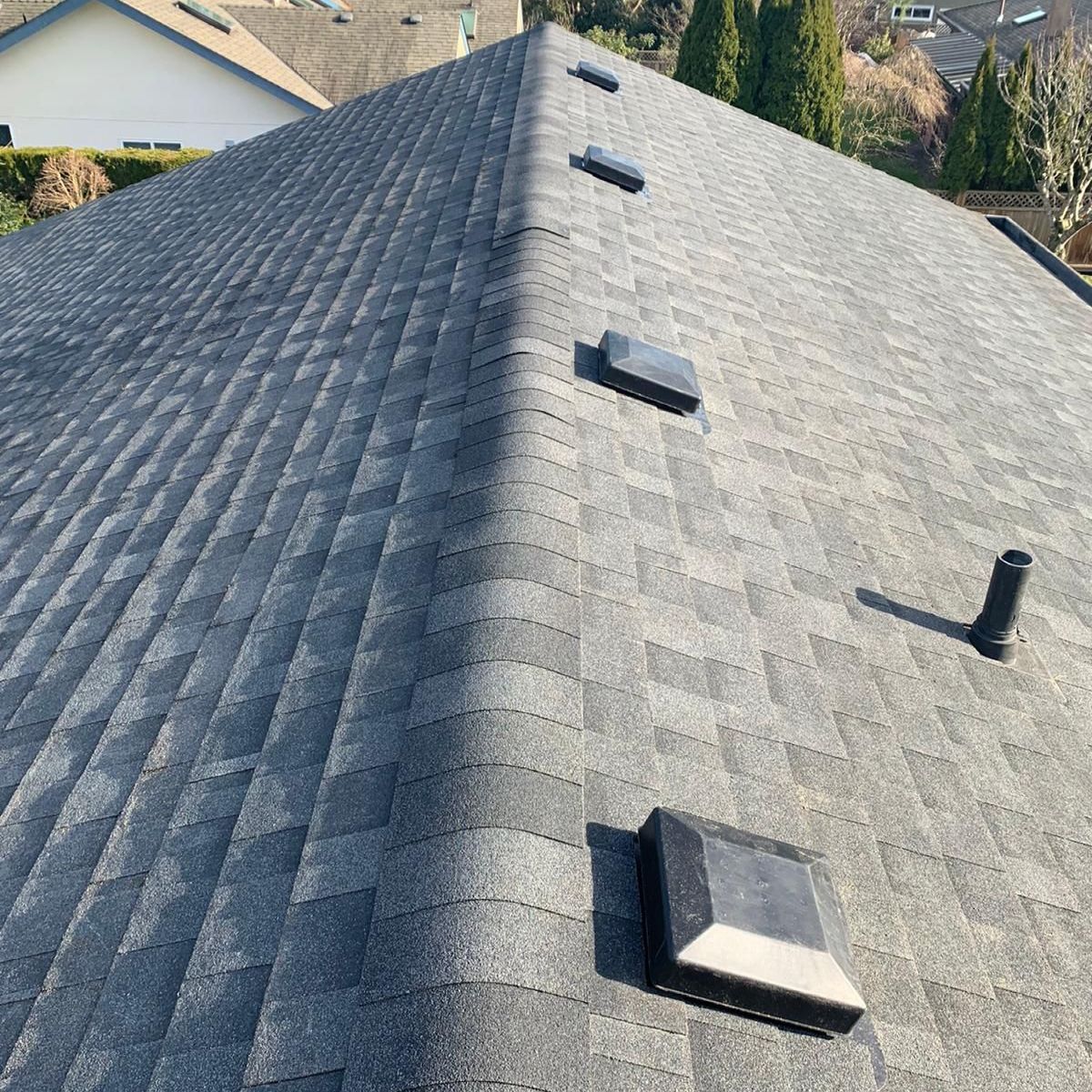
Our Roofing Blog
Have more questions about roofing?
Check out our FAQs or give us a call today to speak to an expert roofer in Vancouver Lower Mainland, BC. We're here to help our neighbours make educated decisions about their roof. For our team, we value helping clients save money while making their roofs last.
All Rights Reserved | Paragon Roofing BC | Web Design & SEO by Piiper Digital Solutions

